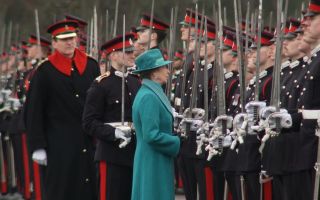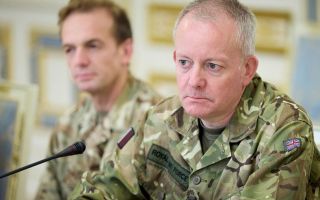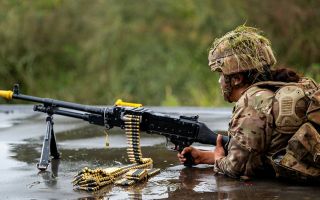I pulled the trigger with genuine anger: Sniper describes eliminating Taliban insurgents
Warning: This article contains content of a sensitive nature which some people might find upsetting.
"I shot him in the throat, he was probably the same age as me…"
It's the key moment of a story Ted Shirley has been building up to, as he describes his experiences to me as a professional marksman – a sniper in the British Army.
I'm unable to say where our conversation takes place. Ted, not his real name, like others who have spoken openly about killing enemy insurgents in places like Afghanistan, is aware that someone, somewhere, would be only too happy to inflict revenge.
Telling it like it is
He's 38, at ease in his own skin and humble about his past.
This is no boast. Unlike others who have spoken about killing, he isn't showing off or trying to extol macho, soldier-of-fortune-like virtues. He is simply telling it like it is.
"It was go time!" he recalls, describing the circumstances leading up to the night he was needed to eliminate five enemy fighters while positioned on a rooftop.
On the ground in front of him, his comrades participated in what turned out to be a 13-hour firefight.
Returning to the memory of the man he hit in the throat, Ted recalls that other Taliban members kept taking his place.
One by one, he took them out until five had been killed in the same spot. He links these moments to the onset of post-traumatic stress disorder (PTSD), which Ted began to experience while still deployed in Afghanistan, weeks after the mission.
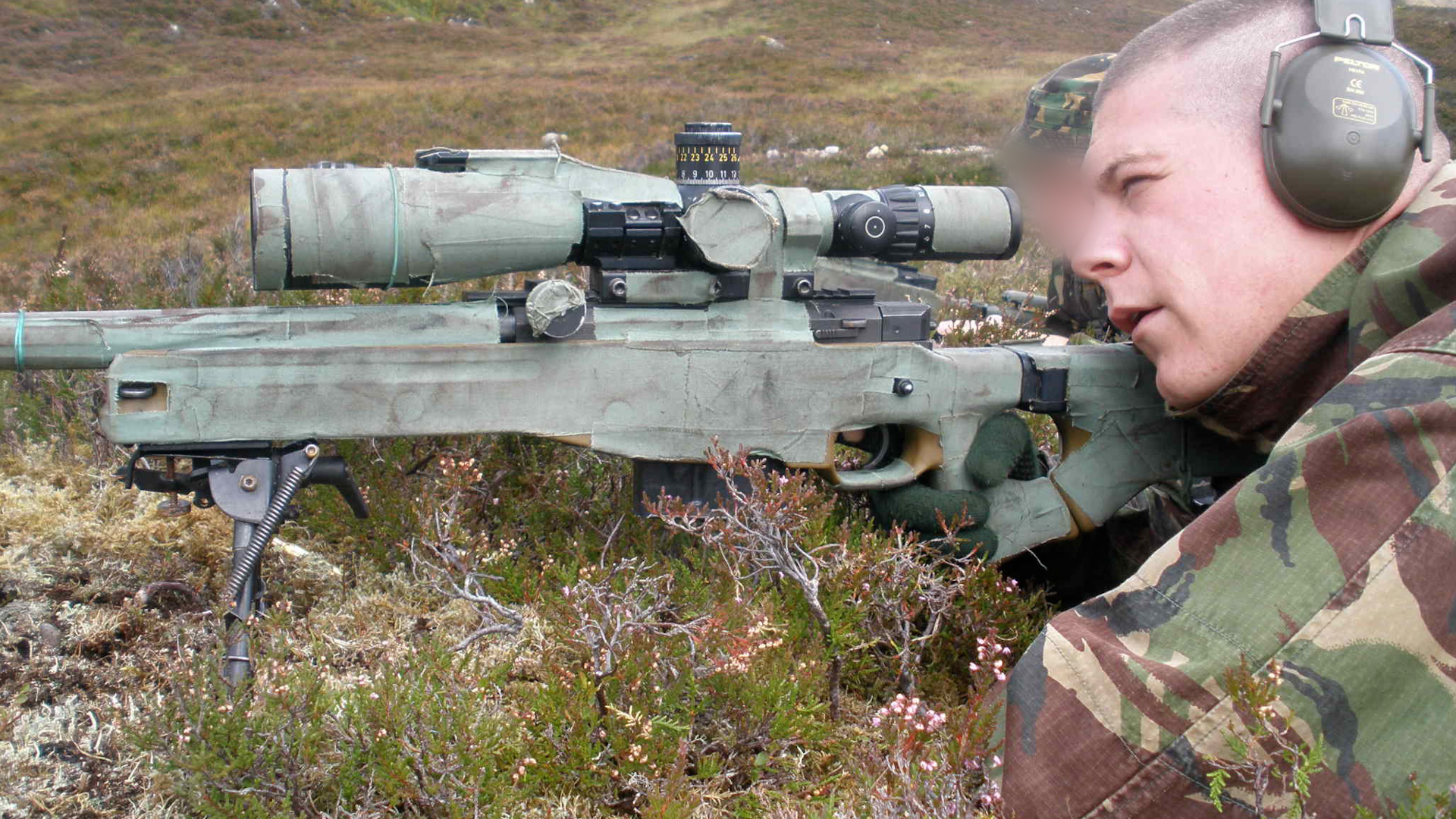
Hell broke loose
The UK began operations in Afghanistan in the wake of 9/11. Initially, the deployments proved straightforward; those fighting in Iraq were exposed to more danger.
But that soon changed.
From sending fewer than 2,000 soldiers to places like Helmand and Kabul, eventually the UK Government found itself needing to send almost 10,000. Every corner of the Army was affected and, ultimately, 457 British military personnel lost their lives.
It was one of those losses that brought out a side to Ted's mentality that today he describes as callous.
"One of the lads in the 2nd Battalion, he got killed in Afghan. That became a motivator for us to train harder, to become better, making sure we were the best asset we could be for the lads on the ground," he said.
In the middle of his second tour, Ted tells me, his unit was crashed out to support an American special forces team that had been hit hard in a specific area.
"They'd gone to do a strike op, and they'd taken severe casualties, including their chopper pilot.
"In the dark, we all loaded onto Chinooks and off we went. As we started arriving in the area of the drop zone, all of a sudden hell broke loose.
"In my multiple, I was the only sniper with them – the other snipers moved off with the other teams. Instantly, as soon as we'd taken over our designated compound, I jumped up on the roof and started to scan the area."
As he did, he noticed a man on a motorbike driving others back and forth into positions.
Soon, there was a minibus too, with what Ted describes as fighting-age males getting out and into positions.
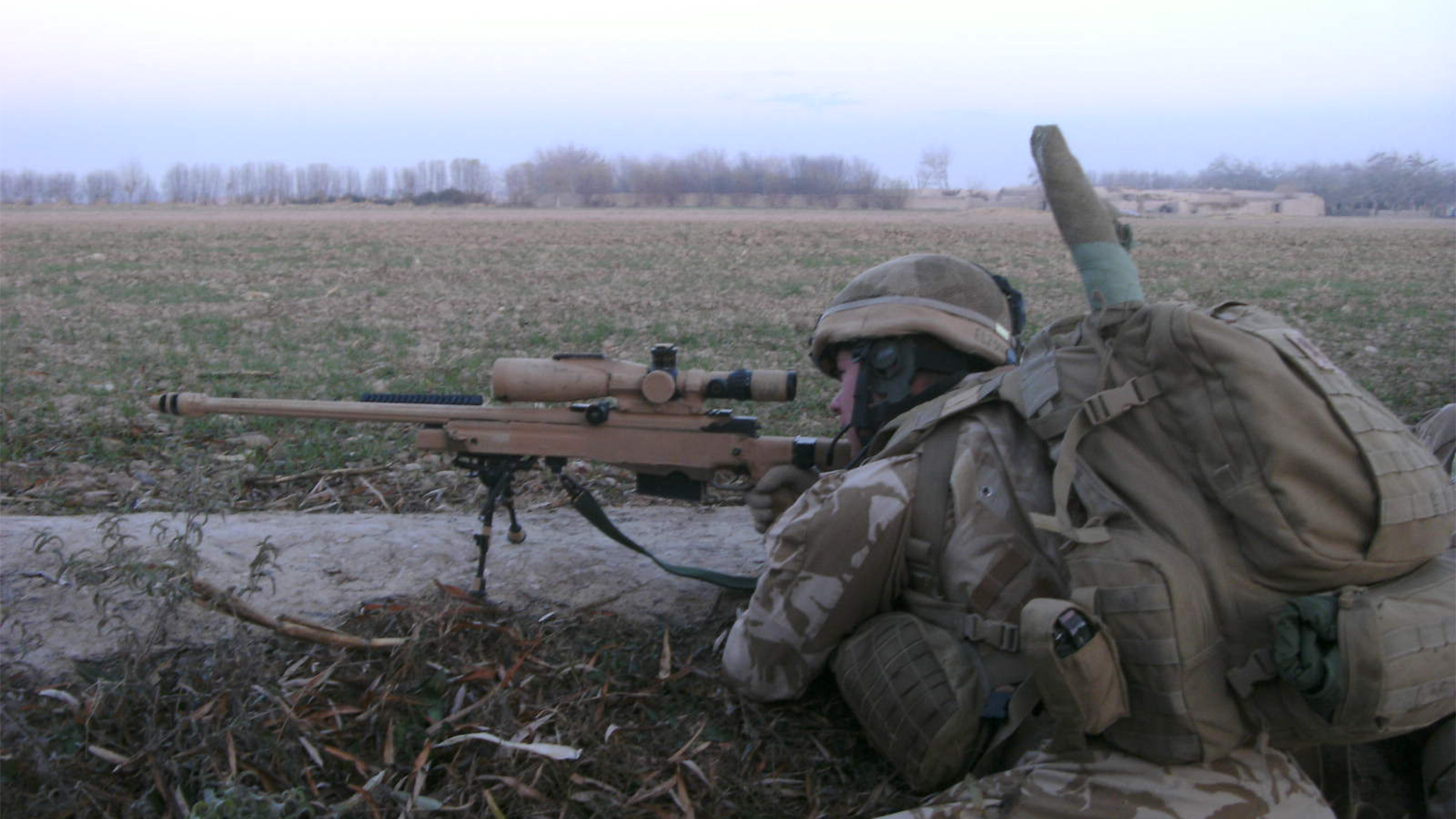
In the thick of battle
They were, to use his words, "ferrying people in to fight". It was decided that Ted should fire warning shots.
"I didn't want them to have the confidence that they'd got the upper hand; I wanted them to know that I had eyes on them," he said.
But in response to those initial shots – fired not with the intent to kill – an almighty crescendo of noise erupted from all sides. Ted and his unit were in the thick of battle.
The insurgent Ted struck in the neck had been hidden behind a tree.
Ted says he was firing an AK-47 and so knew he needed to make the relevant calculations with wind, distance and elevation to be able to eliminate him with one hit.
A fallen comrade
It was during these moments he thought about his colleague who had been killed on the earlier tour.
"This is where the anger of having lost a friend before we'd arrived there, and everything that had already happened on the tour so far, had really crept into my mindset for the first time," Ted explained.
"It was the first time I ever pulled the trigger with genuine anger and resentment.
"It's unpalatable, but it's unimaginable as well, for a civvy to imagine wanting to go and get into firefights and do the worst of humanity that you can imagine."
The PTSD Ted began to experience while still in Afghanistan ultimately led to him leaving the Army.
His experiences of the disorder included flashbacks – the first of which he says felt like being hit by a train – and an attempt to take his own life.
But, out of what I can tell are difficult memories to describe, Ted does have a positive message, and he wants it known far and wide: PTSD is curable.
"The idea that PTSD is for life, which I'd heard so many times, is incorrect, and is one of the main reasons why I tried to end my life," he said.
"It's not true. You just need to dedicate yourself to change and improvement."
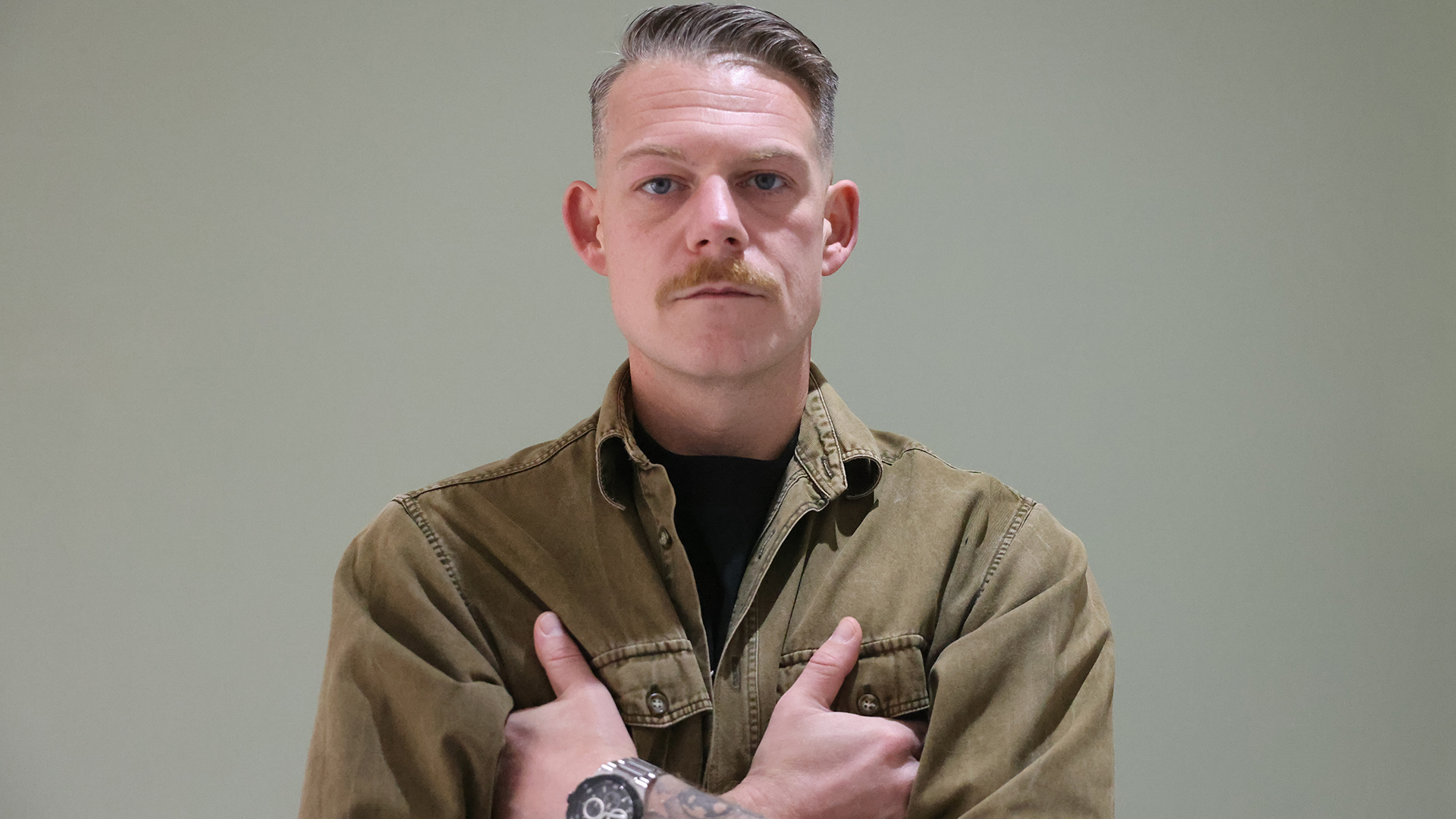
Life after the Army
We turn our attention to the Ted of today. While considering his experiences in his 20s as a professional sniper – with what could arguably be referred to as a licence to kill in Afghanistan – his professional and personal life couldn't be further from those times.
Today, he works in fashion, trading vintage clothing and spending his free time focused on his partner and his love of music. He's also keen for people to know that his psychologists selected him for treatment with medicinal cannabis, which he says has changed his life.
Ted's in a good space, and as I said at the start, utterly at ease with himself.
For a man who has killed – and tried to kill himself – thanks to a focus on his recovery, which he admits he dedicated himself to, today he is ready to share his story.
He does so appropriately, respectfully and with considered thought – but with brutal honesty.
:: Ted Shirley has written a book called Afghanistan Sniper: Trauma On The Front Line And Beyond, published by Pen and Sword. It's available to pre-order now.
If you or someone you know needs support at this time, find help available on our website.

